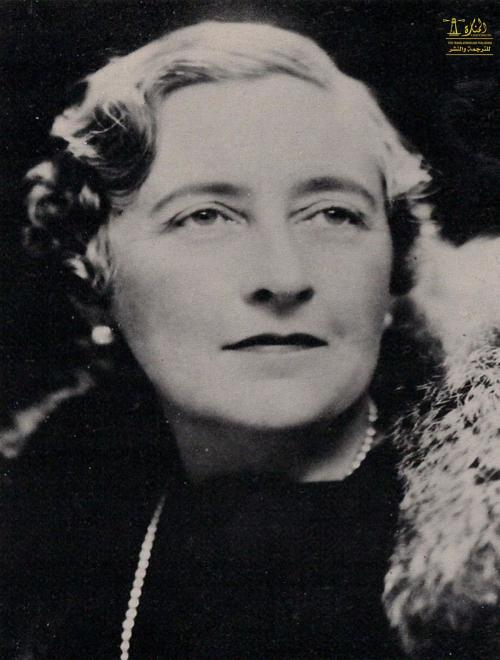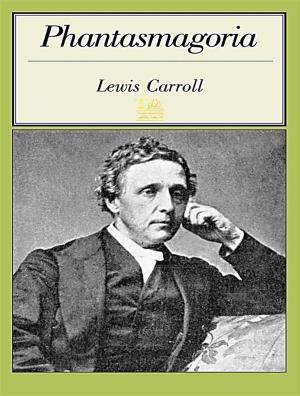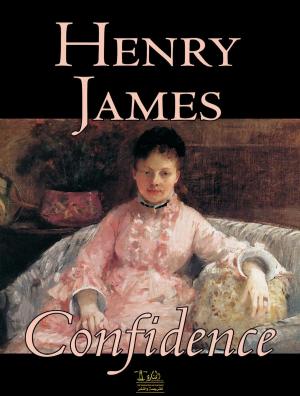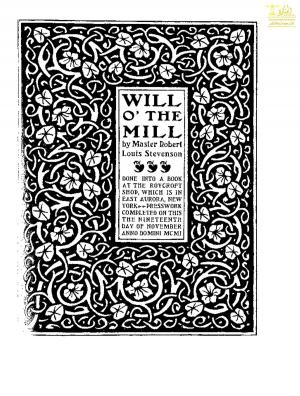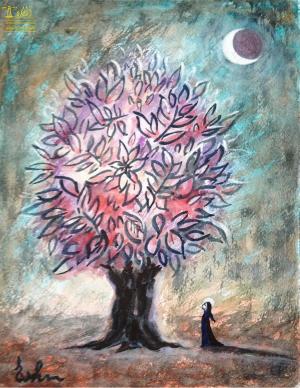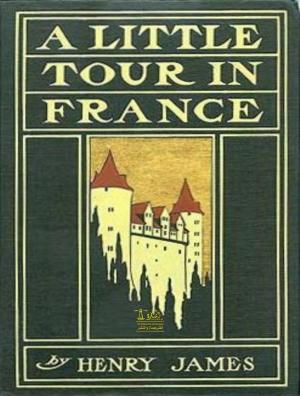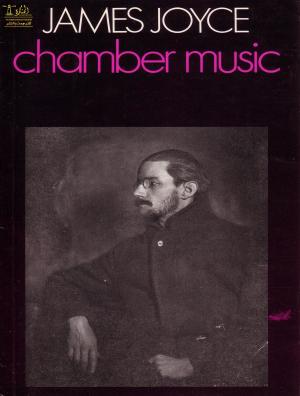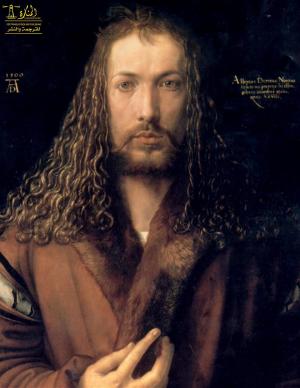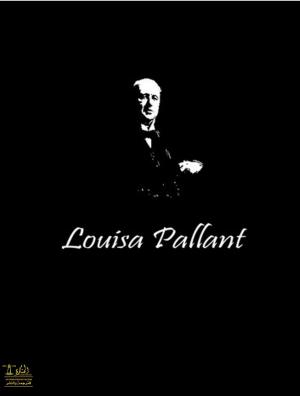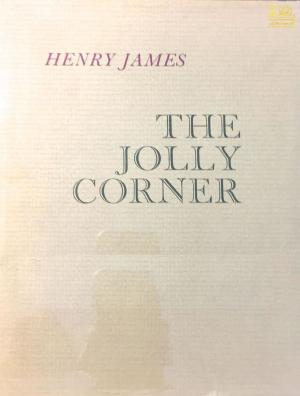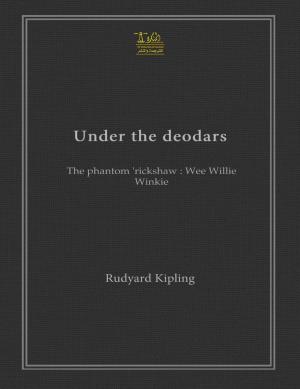The Choice
Nonfiction, Entertainment, Drama, Anthologies, Fiction & Literature, Literary Theory & Criticism| Author: | Edith Wharton | ISBN: | 9780599500662 |
| Publisher: | Lighthouse Books for Translation Publishing | Publication: | May 7, 2019 |
| Imprint: | Lighthouse Books for Translation and Publishing | Language: | English |
| Author: | Edith Wharton |
| ISBN: | 9780599500662 |
| Publisher: | Lighthouse Books for Translation Publishing |
| Publication: | May 7, 2019 |
| Imprint: | Lighthouse Books for Translation and Publishing |
| Language: | English |
Edith Wharton (born Edith Newbold Jones, January 24, 1862 - August 11, 1937) was a Pulitzer Prize-winning American novelist, short story writer, and designer.
Edith Wharton, née Edith Newbold Jones, (born January 24, 1862, New York, New York, U.S.—died August 11, 1937, Saint-Brice-sous-Forêt, near Paris, France), American author best known for her stories and novels about the upper-class society into which she was born.
Edith Jones came of a distinguished and long-established New York family. She was educated by private tutors and governesses at home and in Europe, where the family resided for six years after the American Civil War, and she read voraciously. She made her debut in society in 1879 and married Edward Wharton, a wealthy Boston banker, in 1885.
Although she had had a book of her own poems privately printed when she was 16, it was not until after several years of married life that Wharton began to write in earnest. Her major literary model was Henry James, whom she knew, and her work reveals James’s concern for artistic form and ethical issues. She contributed a few poems and stories to Harper’s, Scribner’s, and other magazines in the 1890s, and in 1897, after overseeing the remodeling of a house in Newport, Rhode Island, she collaborated with the architect Ogden Codman, Jr., on The Decoration of Houses. Her next books, The Greater Inclination (1899) and Crucial Instances (1901), were collections of stories.
Wharton’s first novel, The Valley of Decision, was published in 1902. The House of Mirth (1905) was a novel of manners that analyzed the stratified society in which she had been reared and its reaction to social change. The book won her critical acclaim and a wide audience. In the next two decades—before the quality of her work began to decline under the demands of writing for women’s magazines—she wrote such novels as The Reef (1912), The Custom of the Country (1913), Summer (1917), and The Age of Innocence (1920), which won a Pulitzer Prize.
The Age of Innocence presents a picture of upper-class New York society in the 1870s. In the story, Newland Archer is engaged to May Welland, a beautiful but proper fellow member of elite society, but he falls deeply in love with Ellen Olenska, a former member of their circle who has returned to New York to escape her disastrous marriage to a Polish nobleman. Both lovers prove too obedient to conventional taboos to break with their upper-class social surroundings, however, and Newland feels compelled to renounce Ellen and marry May.
Wharton’s best-known work is the long tale Ethan Frome (1911), which exploits the grimmer possibilities of the New England farm life she observed from her home in Lenox, Massachusetts. The protagonist, the farmer Ethan Frome, is married to a whining hypochondriac but falls in love with her cousin, Mattie. As she is forced to leave his household, Frome tries to end their dilemma by steering their bobsled into a tree, but he ends up only crippling Mattie for life. They spend the rest of their miserable lives together with his wife on the farm.
Edith Wharton (born Edith Newbold Jones, January 24, 1862 - August 11, 1937) was a Pulitzer Prize-winning American novelist, short story writer, and designer.
Edith Wharton, née Edith Newbold Jones, (born January 24, 1862, New York, New York, U.S.—died August 11, 1937, Saint-Brice-sous-Forêt, near Paris, France), American author best known for her stories and novels about the upper-class society into which she was born.
Edith Jones came of a distinguished and long-established New York family. She was educated by private tutors and governesses at home and in Europe, where the family resided for six years after the American Civil War, and she read voraciously. She made her debut in society in 1879 and married Edward Wharton, a wealthy Boston banker, in 1885.
Although she had had a book of her own poems privately printed when she was 16, it was not until after several years of married life that Wharton began to write in earnest. Her major literary model was Henry James, whom she knew, and her work reveals James’s concern for artistic form and ethical issues. She contributed a few poems and stories to Harper’s, Scribner’s, and other magazines in the 1890s, and in 1897, after overseeing the remodeling of a house in Newport, Rhode Island, she collaborated with the architect Ogden Codman, Jr., on The Decoration of Houses. Her next books, The Greater Inclination (1899) and Crucial Instances (1901), were collections of stories.
Wharton’s first novel, The Valley of Decision, was published in 1902. The House of Mirth (1905) was a novel of manners that analyzed the stratified society in which she had been reared and its reaction to social change. The book won her critical acclaim and a wide audience. In the next two decades—before the quality of her work began to decline under the demands of writing for women’s magazines—she wrote such novels as The Reef (1912), The Custom of the Country (1913), Summer (1917), and The Age of Innocence (1920), which won a Pulitzer Prize.
The Age of Innocence presents a picture of upper-class New York society in the 1870s. In the story, Newland Archer is engaged to May Welland, a beautiful but proper fellow member of elite society, but he falls deeply in love with Ellen Olenska, a former member of their circle who has returned to New York to escape her disastrous marriage to a Polish nobleman. Both lovers prove too obedient to conventional taboos to break with their upper-class social surroundings, however, and Newland feels compelled to renounce Ellen and marry May.
Wharton’s best-known work is the long tale Ethan Frome (1911), which exploits the grimmer possibilities of the New England farm life she observed from her home in Lenox, Massachusetts. The protagonist, the farmer Ethan Frome, is married to a whining hypochondriac but falls in love with her cousin, Mattie. As she is forced to leave his household, Frome tries to end their dilemma by steering their bobsled into a tree, but he ends up only crippling Mattie for life. They spend the rest of their miserable lives together with his wife on the farm.
